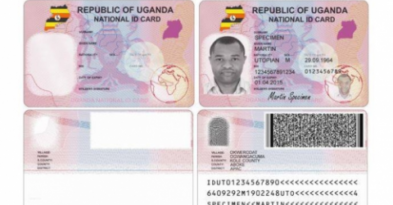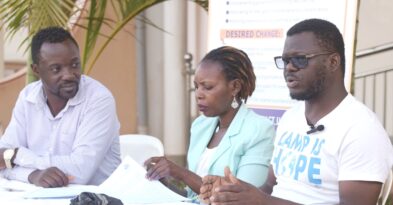After the UPDF Amendment Bill: What Next for Uganda’s Democracy?
On Tuesday May 20, 2025, Parliament passed the Uganda Peoples’ Defence Forces (Amendment) Bill, 2025—a move that has sparked debate, concern, and urgent questions about the future of Uganda’s democracy.
As COTFONE, an organisation that champions civic rights and community voices, we believe this is a critical moment for reflection—and most importantly, for action.
What Does the Bill Change?
While the full details of the amendments are yet to be widely circulated among communities, early analysis suggests that the Bill:
-
Expands military authority in certain civilian matters,
-
Revises military court operations and jurisdiction,
-
Alters how UPDF deployments are approved or managed,
-
Potentially reduces external oversight of military actions.
Why Should the Public Be Concerned?
Military reforms are not just administrative issues—they affect national security, civic space, and personal freedoms.
The silence around public consultation is worrying. Citizens in rural and urban Uganda were not meaningfully involved in discussions about changes that may affect their relationship with the military, their rights, and the future of civilian oversight.
What Next?
Now that the Bill has passed in Parliament, the question becomes: What next?
Here are four critical expectations moving forward:
1. Transparency on Implementation
Citizens and CSOs must demand a clear roadmap on how and when the amendments will be implemented. Transparency is key to building public trust.
2. Civic Education
Government and civil society should prioritise community sensitisation on what the new law means. Ignorance of the law must not be used to suppress rights.
3. Constitutional Review and Legal Challenge
Legal experts and rights groups may consider reviewing the bill for any constitutional breaches—particularly where the separation of powers, freedom of expression, or fair trials are affected.
4. A Call for a Referendum
If the changes are too significant and touch core democratic principles, a national referendum could be the fairest way forward. Let the people decide. A law that impacts every Ugandan should not be passed without their input.
Final Thoughts
This is not the time for silence. Whether you are a youth, elder, activist, lawyer, religious leader, or community worker—your voice matters. The Uganda we build today will shape the generations of tomorrow.
As COTFONE, we reaffirm our commitment to empowering local communities, advocating for democratic governance, and promoting people’s participation in decisions that affect their lives.
END












Leave a Reply